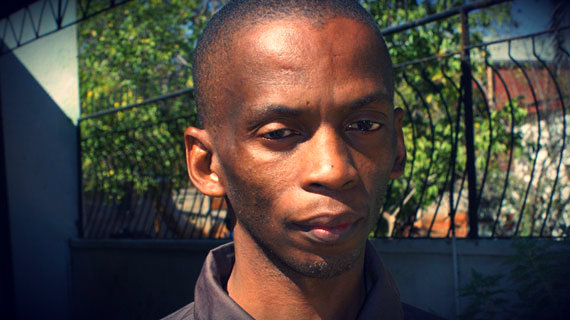
THE drama, or rather the circus within Zanu PF continues to unfold, this time with the First Lady Grace Mugabe exiting the scene after a heated politburo meeting.
Will Vice-President Joice Mujuru be pushed out of Zanu PF or will she fight back? Can President Robert Mugabe afford to completely push out Mujuru at the risk of gravitating her towards the opposition, a move which could result in the creation of a robust opposition capable of upstaging both Mugabe and Zanu PF in an election?
These are important questions which need to be asked as the unfolding Zanu Pf soap opera changes the country’s political architecture.
It would appear that there is a systematic and calculated assault on the Mujuru faction which will benefit both Justice minister Emerson Mnangagwa’s faction and Mugabe’s short-term political goals.
In the short term, Mugabe needs a weaker Mujuru faction which is not a threat to his political dominance. In the long term, a strong Mnangagwa faction may also be undesirable for him as he has been known to benefit from factionalism within the party.
The politics of the day dictate that the Mujuru faction is too powerful, having control over most of Zanu PF structures in the provinces.
Consistent to Zanu PF political behaviour, the dissolution of powerful party structures such as district co-ordinating committees and provincial executives is critical in weakening opponents before elective congress processes.
This has been done in the past to stop the ascendancy of Mnangwagwa after he appeared poised for vice-presidency in the party, only to suffer a late blow with the introduction of Mujuru into the race on an unbeatable gender card.
- Chamisa under fire over US$120K donation
- Mavhunga puts DeMbare into Chibuku quarterfinals
- Pension funds bet on Cabora Bassa oilfields
- Councils defy govt fire tender directive
Keep Reading
Currently chairpersons allegedly aligned to Mujuru have been shown the door with the likes of Temba Mliswa (Mashonaland West) Amos Midzi (Harare), Andrew Langa (Matabeleland South)and Callisto Gwanetsa (Masvingo) subjected to a well calculated, choreographed and stage-managed series of votes of no confidence.
Jason Machaya in the Midlands has also joined the list. This has effectively weakened Mujuru before the congress.
She has lost control of the provincial structures which may have the power to nominate party leaders. This has reduced Mujuru’s chances for electoral success during the congress.
Individuals and structures aligned to, or perceived to be aligned to Mujuru, including outspoken war veterans’ leader Jabulani Sibanda, have been targeted.
The objective of this onslaught may also be to: Isolate Mujuru’s allies and force some of them to reconsider their loyalties,
Weaken Mujuru’s control over key party structures.
One important question is whether or not this will lead to an implosion within Zanu PF with Mujuru leaving the party.
While this may be desirable in the interests of a combative and robust opposition, it may be unlikely for the following reasons:
Mugabe may just be levelling the political playing field by allowing the Mnangagwa faction free reign for now until such a time that the Mujuru faction is sufficiently weak, but not to a point where Mnangagwa is too strong.
It is also likely that politicians such as Defence minister Sydney Sekeremai may emerge as dark horses in the succession matrix and quite possibly a new faction or factions may emerge.
Mugabe may not want Mujuru to leave Zanu PF as her departure would be different from that of MKD leader Simba Makoni or Zapu president Dumiso Dabengwa.
While some opine that even if she was to leave her departure would be inconsequential just like the departure of Makoni, we cannot ignore the following factors:
Makoni, while admittedly brilliant, had long been in the political wilderness and stints in Sadc and other “strategic” placements outside the country made him weaker internally in terms of popularity in party structures,
Mujuru is relatively popular and still has the backing of party structures such as the politburo and may have significant backing in the central committee and the provinces,
She enjoys incumbency in the government as vice-president and as second secretary of the party, so she still has significant influence in the party.
Mujuru may thus, enjoy access or influence over some levers of power in the security sector although Mnangagwa is known to enjoy more influence over the sector.
This, however, is reason enough for Mugabe to still need her in the broader scheme of things. As Masipula Sithole always used to say, all things are possible in politics and religion and one would not be surprised to see Women Affairs minister Oppah Muchinguri, Grace or possibly a former Zapu female cadre being pushed to challenge Mujuru.
The former would be beneficial for Senior Minister Simon Khaya Moyo as he can just keep quiet and benefit from support coming from both sides of the political traffic.
The later may be detrimental to him as this may mean that he may be sacrificed to give way to a female cadre from the former Zapu and be replaced by a Mnangagwa functionary.
All things are possible in politics.
Dumisani Nkomo is an activist, social entrepreneur and chief executive officer of Habakkuk Trust. He writes in his personal capacity.










